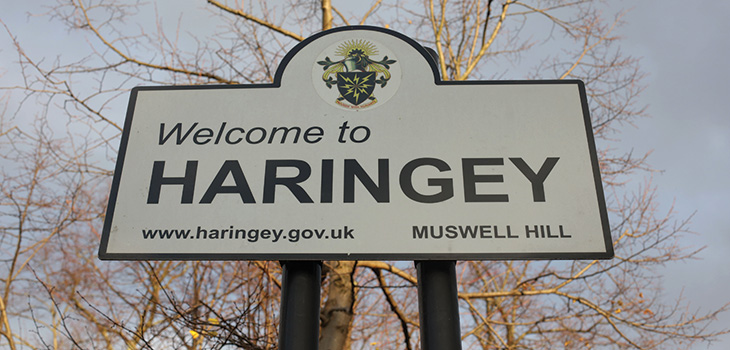
The judgment of the Divisional Court in R (Ayinde) v London Borough of Haringey [2025] EWHC 1383 (Admin) has generated significant interest within the legal community. Although the court determined that the reliance upon ‘fake’ citations did not justify commencing contempt proceedings on the specific facts of these two cases, the court’s concern was clear. As Dame Victoria Sharp P said in her judgment: ‘There are serious implications for the administration of justice and public confidence in the justice system if artificial intelligence [AI] is misused.’
Although the headlines in the legal press about these cases have focused upon fake case citations, the risks posed by AI within litigation are much broader. Generative AI is now embedded in many publicly available search tools, as well as legal research platforms. Fake citations may be linked to fake judgments; inaccuracies in emphasis or









